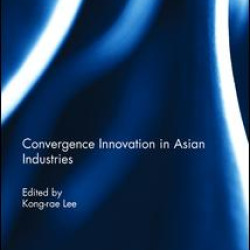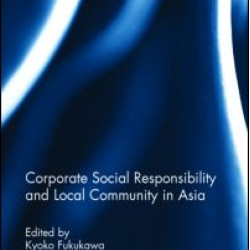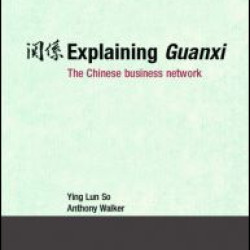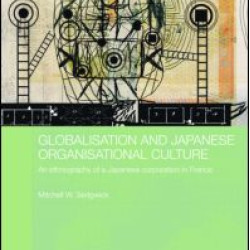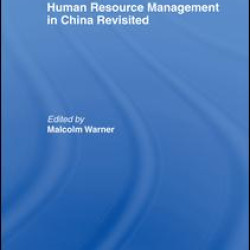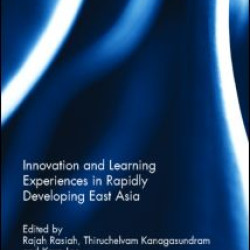Asian Business
Brand: Taylor & Francis
Model: Stock
This book disputes the traditional argument that the equal inheritance system hinders the growth of Chinese family business. Zheng approaches this not only in terms of economic capital, but also in terms of human capital such as education and leadership, and social networks...
₹3,083.74 ₹3,854.68
Brand: Taylor & Francis
Model: Stock
In exploring the causes, processes, and patterns of convergence innovation, this book argues that the process of convergence innovation is a continuous disequilibrium between reference technology and its matching technology. Convergence innovation has been taking place mainly by applying IT technolo..
₹8,078.40 ₹10,098.00
Brand: Taylor & Francis
Model: Stock
Corporate political strategy (CPS) is often devised by business firms to influence government policy toward directions favorable to the business. The book differentiates between the individuals (entrepreneurs vs. officials) and the institutions (firms vs. government) so as to better understand exact..
₹9,180.00 ₹11,475.00
Brand: Taylor & Francis
Model: Stock
Corporate political strategy (CPS) is often devised by business firms to influence government policy toward directions favorable to the business. The book differentiates between the individuals (entrepreneurs vs. officials) and the institutions (firms vs. government) so as to better understand exact..
₹2,643.10 ₹3,303.88
Brand: Taylor & Francis
Model: Stock
This book explores corporations’ corporate social responsibility engagement with local communities in a range of Asian countries. It provides examples of corporate social responsibility in a wide range of industrial sectors, focuses extensively on "social enterprises" and on governments’ and corpora..
₹8,812.80 ₹11,016.00
Brand: Taylor & Francis
Model: 9780415384186
This insightful book provides a much-needed explanation of Guanxi - a system of Chinese business relationships often described but rarely understood - integrating various disciplines into a coherent and concise explanation...
₹3,083.74 ₹3,854.68
Brand: Taylor & Francis
Model: 9780415446785
Globalization is increasingly taking place within the context of cross-cultural organizations. This book examines the nature of such global cross-cultural organizational interaction, providing a detailed study of everyday workplace practices, and change, in the subsidiary of a large Japanese consume..
₹8,812.80 ₹11,016.00
Brand: Taylor & Francis
Model: Stock
The debate over how far governments should intervene in economies in order to promote economic growth has taken on new vigour since the financial crisis of 2008. Many countries, many of them in Asia, have secured good economic growth after the crisis by adopting a developmental state model, with gov..
₹8,812.80 ₹11,016.00
Brand: Taylor & Francis
Model: Stock
The debate over how far governments should intervene in economies in order to promote economic growth has taken on new vigour since the financial crisis of 2008. Many countries, many of them in Asia, have secured good economic growth after the crisis by adopting a developmental state model, with gov..
₹2,789.98 ₹3,487.48
Brand: Taylor & Francis
Model: Stock
This edited volume explores the change in China from a command economy to a more market-led one, looking at the demise of the so-called 'iron rice bowl' policy to one now characterized by more globalized HRM practices with 'Chinese characteristics'...
₹2,643.10 ₹3,303.88
Brand: Taylor & Francis
Model: Stock
Using country case experiences, this volume discusses the dramatic innovation and learning experiences in East Asia._x000D_
This book was published as a special issue of Asia Pacific Business Review...
₹8,445.60 ₹10,557.00



